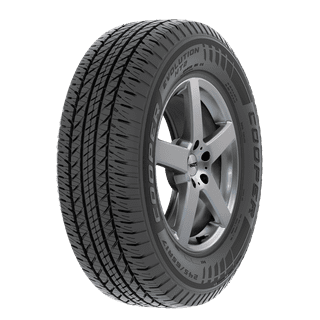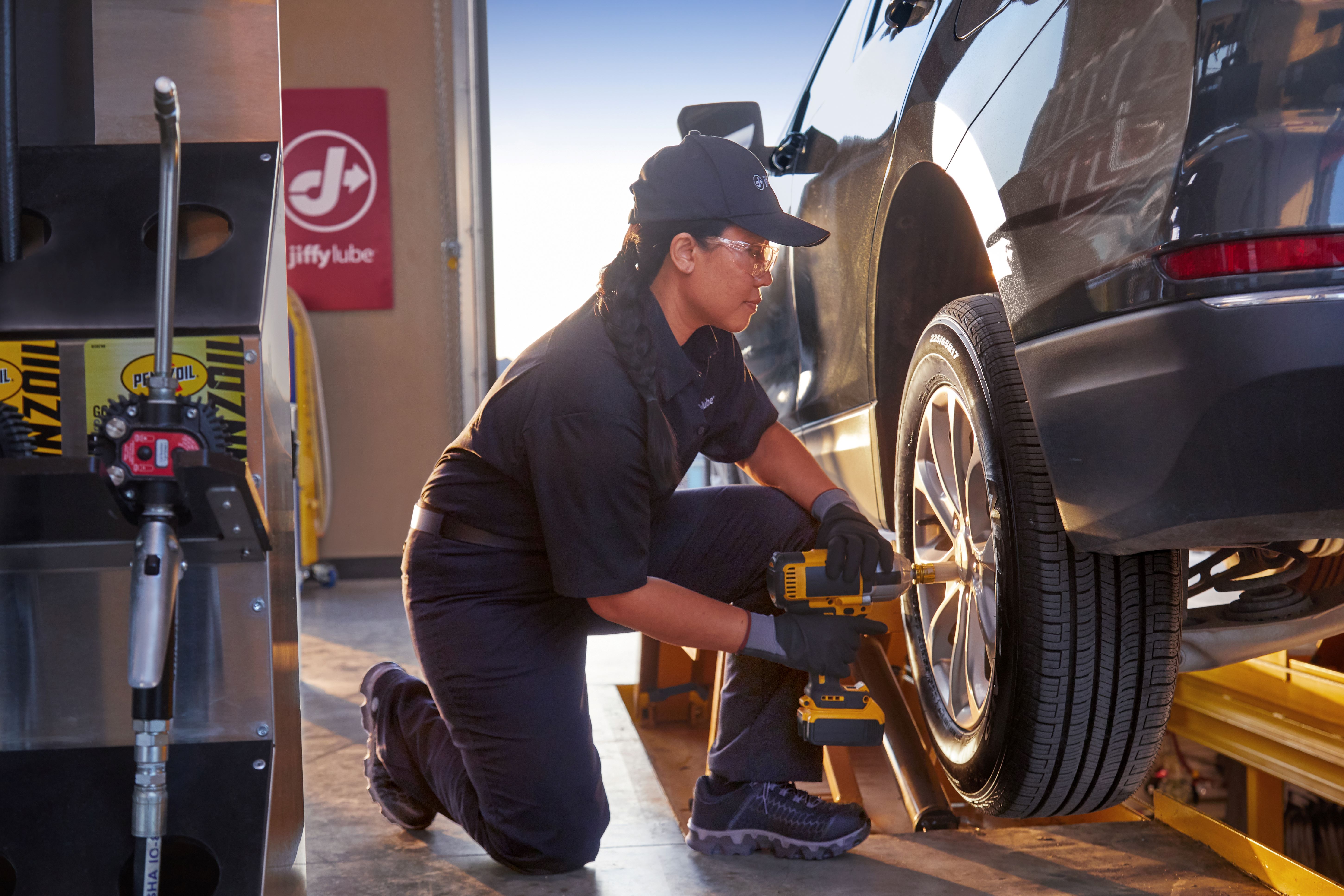Tire Service: Understanding Tire Pressure Tracking Equipments
Comprehending Tire Pressure Monitoring Solutions (TPMS) is a vital facet of keeping optimum vehicle efficiency and security on the road. With advancements in automotive modern technology, TPMS has become a common feature in modern-day lorries, supplying real-time info on tire pressure degrees.

Importance of TPMS
The importance of Tire Stress Surveillance Solutions (TPMS) depends on their capability to boost automobile safety and efficiency via real-time monitoring of tire stress levels. Maintaining the proper tire stress is essential for ensuring optimal handling, stopping, and total security of an automobile. TPMS gives motorists with immediate feedback on any type of underinflated or overinflated tires, permitting prompt adjustments to be made.
Elements of TPMS
Making up different necessary elements, a Tire Pressure Monitoring System (TPMS) functions as an advanced safety attribute in modern-day cars. The main elements of a TPMS consist of sensors, a control component, and a warning indicator. Sensing units are generally situated in the tire shutoff stem or affixed to the wheel assembly, where they measure tire stress and send information to the control component. If it discovers dramatically low pressure in any of the tires, the control component processes this details and triggers a warning. The warning indicator, commonly an icon on the dashboard, signals the motorist to inspect the afflicted tire or tires. Some advanced TPMS designs likewise present the actual tire pressure readings for every tire, providing chauffeurs with real-time details to guarantee ideal tire performance and safety and security. By checking tire stress continuously, TPMS assists protect against accidents, reduces tire wear, and enhances fuel performance, making it a critical element for automobile security and efficiency.
Kinds Of TPMS

On the other hand, indirect TPMS counts on the automobile's wheel speed sensing units to monitor tire stress. This system detects underinflation by contrasting the rotational speeds of the wheels. Indirect TPMS is mopar tire service specials less expensive than straight TPMS, as it makes use of existing sensors within the automobile.
While straight TPMS uses more exact readings, indirect TPMS is less complex in layout and generally calls for less upkeep. Both systems have their constraints and advantages, and the choice in between them often depends on variables such as price, lorry make, and personal preference. Recognizing the distinctions in between these 2 sorts of TPMS can aid car proprietors make educated decisions pertaining to tire maintenance and safety.
TPMS Maintenance Tips
Effective upkeep of TPMS is vital for making sure optimum performance and safety and security of your lorry. Routinely examining the TPMS sensing units for any damage or rust is essential. Ensure that the sensors are free and clean from debris that might hinder their functioning. Additionally, it is suggested to inspect the sensing unit batteries occasionally and change them as required to assure exact readings. Conduct regular checks on the tire stress levels and compare them with the TPMS readings to ensure they are regular. If there are any kind of disparities, rectify the system complying with the manufacturer's standards. In addition, during tire rotation or substitute, make sure that the TPMS parts are handled meticulously to avoid any possible damage. If the TPMS warning light brightens on the dashboard, deal with the problem promptly by inspecting the tire stress and the overall system for any kind of faults. By sticking see here now to these upkeep tips, you can prolong the life-span of your TPMS and boost the safety and security of your driving experience.
Advantages of Correct Tire Stress
Preserving proper tire pressure, as stressed in TPMS Maintenance Tips, is crucial for reaping the various benefits connected with optimal tire pressure levels. In addition, appropriate tire stress guarantees also tire wear, extending the life-span of the tires and advertising more secure driving problems. In final thought, the advantages of correct tire stress go past simply tire durability; they encompass enhanced fuel performance, boosted security, far better vehicle performance, and overall driving convenience.
Conclusion
In final thought, understanding tire pressure monitoring systems (TPMS) is critical for keeping optimum tire pressure and guaranteeing lorry safety. By identifying the relevance of TPMS, knowing with its components, recognizing the various types readily available, sticking to correct maintenance pointers, and recognizing the advantages of preserving correct tire pressure, drivers can boost their driving experience and prolong the life-span of their tires. Appropriate tire stress is crucial to reliable best site and safe lorry procedure.
